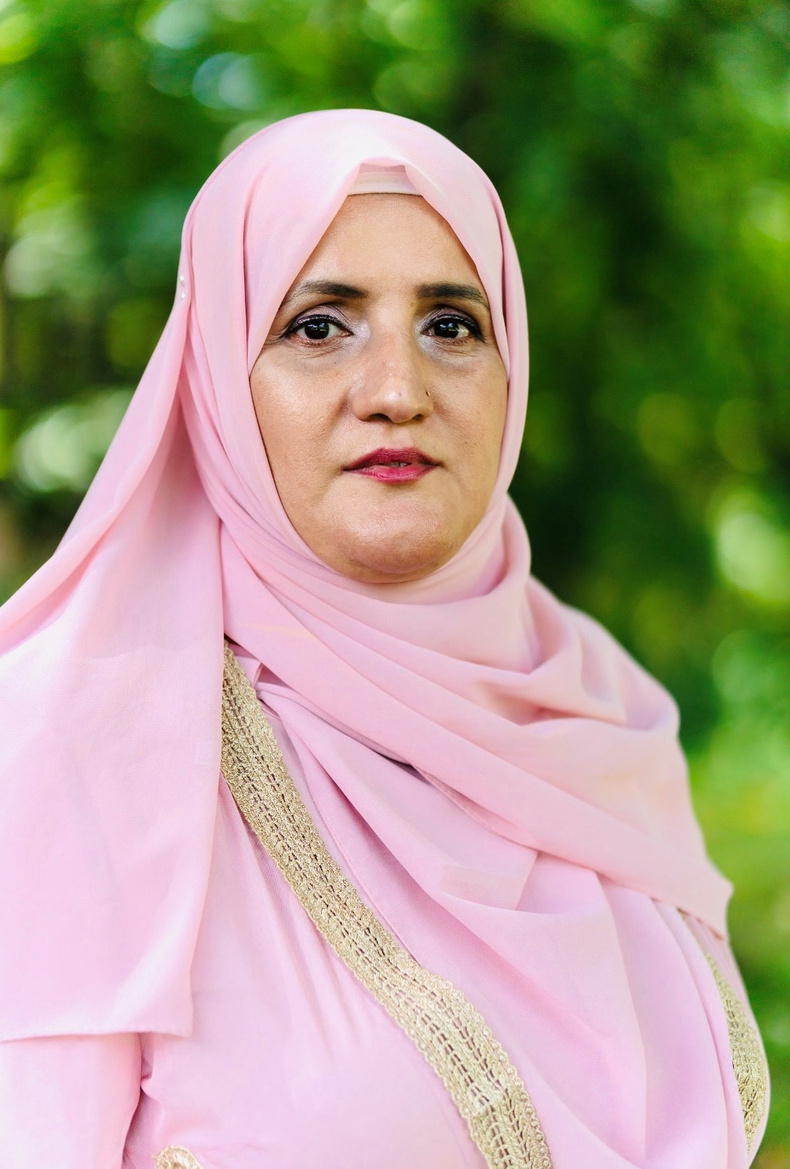How does Ramadan affect Businesses in UK?

Ramadan is an important religious and cultural event for Muslims worldwide, including those in the UK. Its impact on businesses in the UK can vary depending on the type of business and the demographics of its customer base.
Here are some general ways that Ramadan may affect business in the UK:
Restaurants and food businesses: During Ramadan, Muslims fast from sunrise to sunset and typically break their fast with a meal called Iftar. This can lead to increased demand for restaurants and food businesses that offer Iftar meals, especially in areas with a high Muslim population.
Retail businesses: Many Muslims like to buy new clothes, gifts, and food items to celebrate the Eid festival that marks the end of Ramadan. This can lead to increased sales for retail businesses that cater to Muslim customers.
Work productivity: Some Muslim employees may experience fatigue or decreased energy levels during Ramadan due to fasting, which can impact their productivity. Employers may need to be mindful of this and offer flexible working hours or adjustments to workloads to accommodate their employees.
Travel and tourism: Ramadan can be a popular time for Muslims to travel to visit family and friends or go on holiday. This can impact the travel and tourism industry in the UK, especially if there is an increase in inbound tourism from Muslim-majority countries.
Charity and donations: Ramadan is also a time of increased charity and donations for many Muslims. This can impact businesses that have charitable giving programs or work closely with local charities, as they may see increased engagement from Muslim customers.
Match making: Marriage is a significant part of the Islamic faith and in some Muslim countries this special time in the Islamic calendar has an increase not only in religious activities but also social activities, including weddings and matchmaking events.
Gazala Saleem, founder of Muslim Matrimonial Coach Ltd said: “During Ramadan, many Muslims believe it is a good time to get married, as it is a month of blessings and spiritual renewal. This belief can lead to an increase in demand for matchmaking businesses, which provide services to help individuals find a suitable partner for marriage.
“However, the impact of Ramadan on matchmaking businesses can vary depending on several factors, including cultural and societal norms, economic conditions, and the level of religiosity in a particular community.
“In some cultures, it is customary to delay weddings during Ramadan, as it is seen as a time for spiritual focus rather than celebration. In such cases, matchmaking businesses may see a decrease in demand for their services during this period.
“On the other hand, in some Muslim-majority countries, such as Indonesia and Malaysia, Ramadan is a popular time for weddings, and matchmaking businesses can experience a surge in demand. These businesses may offer special packages or promotions during Ramadan to attract customers.
“In addition, the economic conditions of a particular community can also influence the demand for matchmaking services during Ramadan. If the community is experiencing financial hardship, as it is now, then matchmaking businesses may see a decline in demand as people prioritise other expenses over marriage.
“The current financial hardship is causing individuals to wait further before they feel they can get married and the age of getting married is further increasing which sadly is not favourable when searching for an ideal match.”
Overall, the impact of Ramadan on businesses in the UK can vary depending on the type of business and its customer base. However, businesses that are aware of the cultural significance of Ramadan and cater to the needs of their Muslim customers may be able to take advantage of the opportunities presented by this important event.
